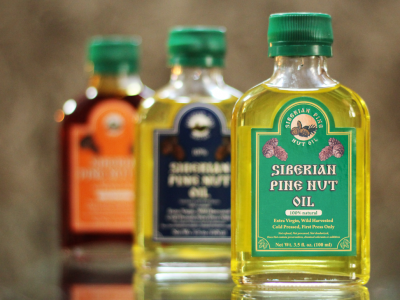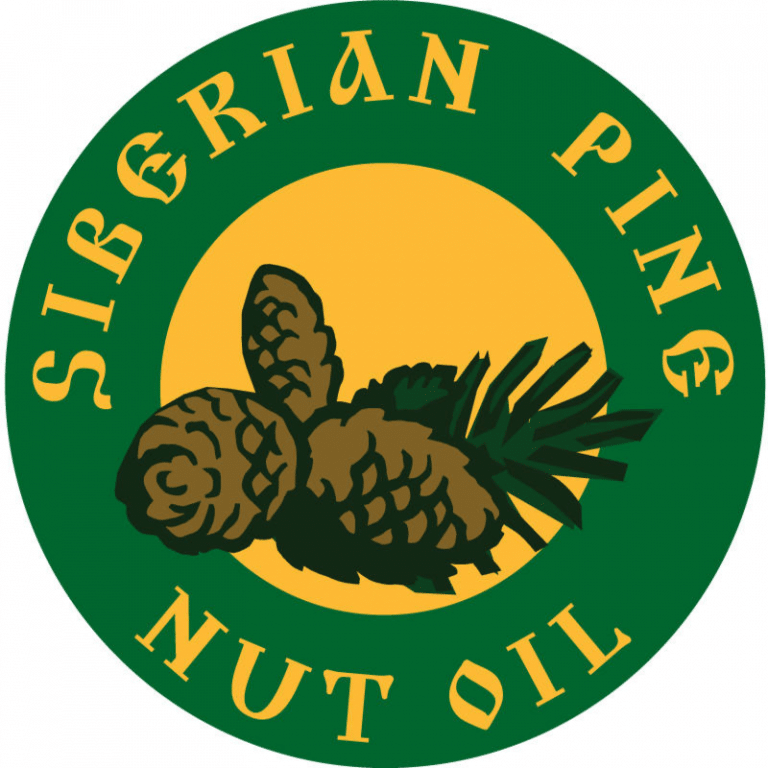Which pine nut oil to choose: with or without additives?

Pine nut oil is used in various fields, including cooking and medicine. It is not surprising that pine nut oil has gained the status of a superfood, as it combines a rich composition and favorable effects on human health. However, there are different types of pine nut oil available today – with and without additives. How to choose the most suitable for your needs? In this article, we will consider in detail the advantages of each type of oil and their use in various diseases.

When choosing pine nut oil, it is important to consider not only its composition, but also the individual needs of your body. For general strengthening, skin moisturizing and cardiovascular protection, choose pine nut oil without additives. If you are concerned about respiratory system disorders or skin infections, consider pine resin extract. If you have GI problems and need to strengthen your immune system, pine nut oil enriched with sea buckthorn will do the trick. Pine nut oil, regardless of its type, is a valuable addition to your diet and in this article we will tell you about the benefits of each type of pine nut oil and which one will suit you.
Application of pine nut oil in various diseases
Pine nut oil is rich in polyunsaturated fatty acids (omega-3 and omega-6). They play an important role in maintaining cardiovascular health, normalizing metabolism and strengthening immunity[1]. In addition, the pine nut oil contains vitamin E, which is a powerful antioxidant and helps fight premature cellular aging.
Pine nut oil can be used as a supplement to the main treatment for a number of diseases. It is indicated for:
Problems with the cardiovascular system. Regular use of pine nut oil helps to reduce cholesterol and improve heart function.
Exacerbations of gastrointestinal diseases. Pine nut oil can help in the treatment of gastritis and peptic ulcers due to its enveloping properties.
Immune deficiencies. Consumption of pine nut oil stimulates the immune system and increases the body’s overall resistance.
Pine resin extract
Resin extract helps with a number of diseases, among which it is worth highlighting:
Respiratory system diseases. The use of resin extract ases coughs, promotes the excitation of phlegm and improves the general condition in colds and flu.
Skin diseases. Resin extract actively used to treat eczema and psoriasis, due to its anti-inflammatory properties and ability to accelerate skin regeneration.
Nervous disorders. It is recommended for stress, insomnia, as well as for general psycho-emotional overload.
Pine nut oil enriched with sea buckthorn
Sea buckthorn contains many vitamins and antioxidants. In particular, vitamin C, which strengthens the immune system, and vitamin A, to support healthy skin and vision[2]. When combined with pine nut oil, sea buckthorn becomes a true concentrate of benefits.
Pine nut oil enriched with sea buckthorn will be relevant for treating:
Diseases of the gastrointestinal tract. It is used to restore gastric mucosa and prevent inflammation.
Skin diseases. Has a beneficial effect on the healing of wounds and injuries.
Strengthening the immune system. Regular use of pine nut oil enriched with sea buckthorn helps to fight colds and viral diseases.
Who is suitable for what?
Everything is quite individual: people suffering from lung diseases should first of all pay attention to pine resin extract, as it helps with complications of the respiratory tract.
Those who want to improve the condition of the skin, both pine nut oil and pine nut oil enriched with sea buckthorn are suitable, as both have restorative properties.
For general disease prevention and improvement of organ function, we recommend pine nut oil. Make the right choice for your body and be healthy!
REFERENCES
[1] Role of omega-3 fatty acids in the prevention and treatment of cardiovascular Diseases: A consensus statement from the Experts’ Committee Of National Society Of Cardiometabolic Medicine. Jian-Jun Li, Ke-Fei Dou, Zhi-Guang Zhou, Dong Zhao, Ping Ye, Jia-Jun Zhao, Li-Xin Guo
[2] Vitamin A Deficiency Alters the Phototransduction Machinery and Distinct Non-Vision-Specific Pathways in the Drosophila Eye Proteome. Mukesh Kumar, Canan Has, Khanh Lam-Kamath, Sophie Ayciriex, Deepshe Dewett, Mhamed Bashir, Clara Poupault, Kai Schuhmann, Oskar Knittelfelder, Bharath Kumar Raghuraman, Robert Ahrends, Jens Rister, Andrej Shevchenko
These articles come directly from researchers and are passed on to everybody. siberianpinenutoil.org assumes no liability for any content in these articles. For Educational purposes only. This information has not been evaluated by the Food and Drug Administration. This information is not intended to diagnose, treat, cure, or prevent any disease.

